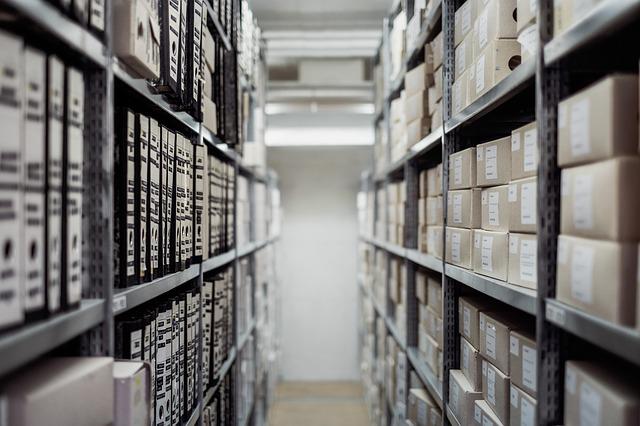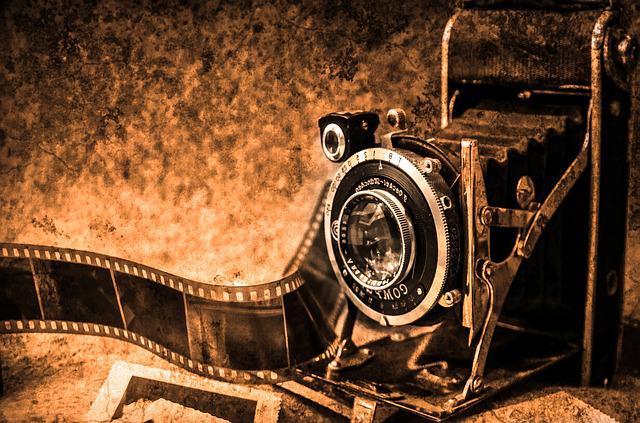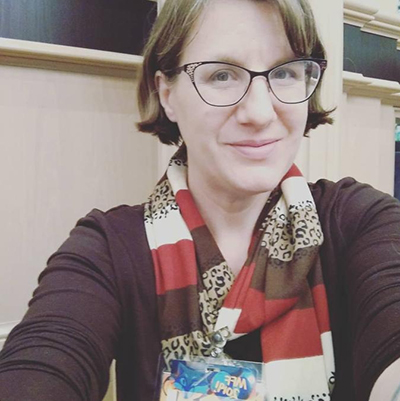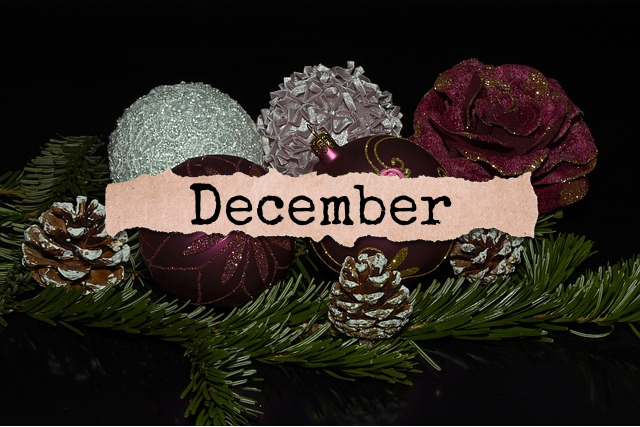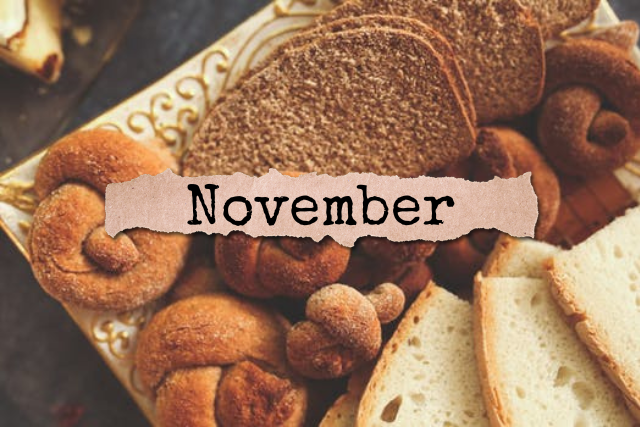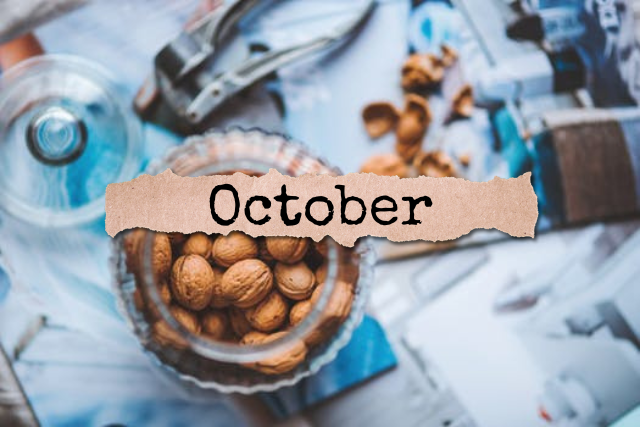We are moving right along with 52 Ancestors in 52 Weeks and I am… not. Ha ha! This makes the second post I’m putting out there quite late/on the last day. April was hectic for me on many levels. Hoping to slow down a bit, now.
On to document, which can mean so many things. As genealogists, documenting our ancestors is part of our journey and gathering documents is exciting. What I would like to talk about here is the process by which we locate those documents.
It’s easy to focus only on online searching, to fall into the mindset that everything worth finding is at our fingertips. That, however, is not at all true. Yes, we have access to wonderful documents, newspapers, books, and more thanks to FamilySearch and other websites. But we often ignore the millions – if not billions – of documents that have not been digitized. Maybe they never will be, and if we wait and hope for it to happen, we might be missing the key to breaking down a brick wall or the answer to a question.
Even though we are in a digital age, it is important for us to cultivate or maintain traditional research skills in order to find any documents pertaining to our ancestors. First, know how to write a concise email or letter to request information. Only last week, I mailed out multiple requests to libraries in search of obituaries. These obituaries are not available via Newspapers.com or in any other online database, so this was the next best option. I won’t have performed an exhaustive search on an individual if I don’t bother taking the time to request and review these items.
Know how to use a card catalog, whether it’s physical or digitized. Most libraries have gone to a digital/database-style catalog, but some may still have physical card files. Also, know the Dewey Decimal System. I’m not saying we need to have it memorized, but we should still understand how it works to locate books at the library.
Always carry a notebook, pen, pencil, and quarters (preferably, multiples of all of these in your research bag). I realize the idea of a research bag with physical objects like this seems outdated, but hear me out. Even the most prepared genealogist may find that their phone battery is running low and they forgot to bring a charger to the library or archives. What if you run out of memory on your phone because you’re taking so many pictures? What if you can’t take a picture and need to request copies, instead? Or, what if you need to jot down a call number to give to a librarian or archivist, so they can pull something for you? It’s important to be prepared for whatever might come, including the rules and policies at archives that might actually prevent the use of a phone camera or anything else (I don’t think that’s the norm, but it’s important to always check).
These are just a few thoughts on what you might need to consider when you’re searching for a document. Never give up and think it doesn’t exist, just because it’s not available online. It might be waiting for you in some distant church, town hall, library, archives, or other such place. And there might be a lovely staff member who will open your email or letter, and know exactly where to find the document you seek.

